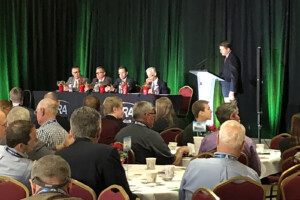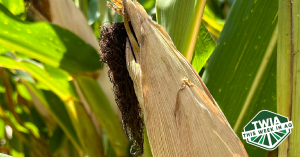by Heather Jennings, PE

I recently completed a year-long study on a municipal lagoon that accepted some waste from food processors. We sludge judged the lagoon as well as looked at the bioactivity throughout the water column by quarterly measurement of the ATP for a year. The highest level of bioactivity was in the sludge layer!
Over the year, we saw that toxic/septic impacts also inhibited the bioactivity of this layer, although delayed compared with the rest of the water column. What was exciting was seeing how the bioactivity increased as the sludge was stimulated with our Bio Energizer® product. Toward the end of the year of Bio Energizer® application, the bioactivity dropped but it correlated with the reduction of the organics in the sludge layer. Which makes sense: less biomass, less bioactivity.
Overall, it was very exciting to see how bioactive the sludge layer was and that, when it is stimulated, it can bioremediate the organics itself with just a little biostimulant push.
Complete the form below to download/read the complete white paper,
“Lagoons: Under the Surface.
(32 pages, 34 figures, 37 tables)
Related Posts

Arizona Agribusiness Roundtable
We at BHN/Huma Gro® were very pleased to be a sponsor for the Arizona Agribusiness Roundtable on December 4 at the PERA Club in Tempe. This year’s roundtable was titled, “A National Perspective on Agriculture: The Farm Bill and You.” The Agribusiness Roundtable is a collaborative effort by the Arizona Department of Agriculture and the

This Week in Ag #77
Farmers waiting on a summer market rally must feel like teenagers waiting by the phone to be asked to the dance. Only their prospects are much dimmer. Capitalizing on summer rallies is how many farmers base their marketing plans. When you chart commodity prices throughout this century, highs typically spike during the summer months. That’s

BHN Gilbert Building Dedication & Reception
On Wednesday, November 7th at 6:00 p.m., Bio Huma Netics will dedicate their new Gilbert Headquarters facility with a building dedication ceremony. Guests will hear remarks from Gilbert Mayor John Lewis and BHN President Lyndon Smith along with a ribbon cutting ceremony officially dedicating the building. Immediately following the building dedication will be an opportunity

